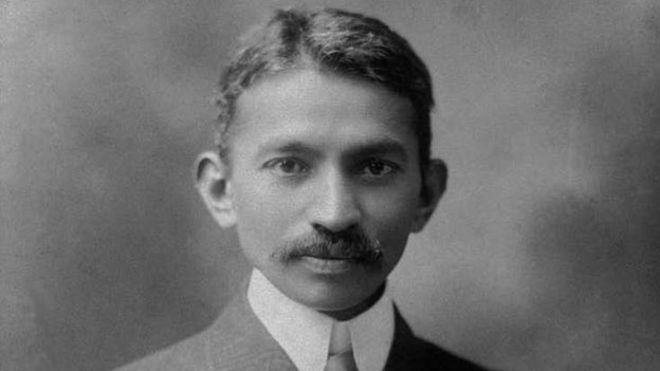
‘Bandey mein thaa dum… Vande Mataram.’
The round frame glasses have had quite a history—from signifying the magic of Harry Potter’s world to being an icon of the 60s Cultural Revolution via John Lennon and the Beatles. But long before these, they were made famous the world over by one small, frail but determined man, who saw a more equal world through those round frames. His glasses were not rose-tinted though; he knew a struggle would be involved. So he left behind the comfortable life of a lawyer in South Africa and embraced the garb and hardships of an ordinary man from India—a country that was one physical landmass, no doubt, but invisible lines of caste, class, colour and culture had fragmented it, making 353 million people weak enough to be ruled by a handful of outsiders. He brought India together, and made it ‘Bharat,’ not by means of an eye for an eye, but by turning the other cheek. Decades later, his concept of nonviolent resistance—satyagraha—has become the most potent weapon in the armoury of protestors around the world.
He is none other than the Father of our Nation, Mahatma Gandhi. This 2nd October, on his 150th birth anniversary, let’s get to know a bit more about this man, of whom Albert Einstein had once said, ‘Generations to come, it may well be, will scarce believe that such a man as this one ever in flesh and blood walked upon this Earth.
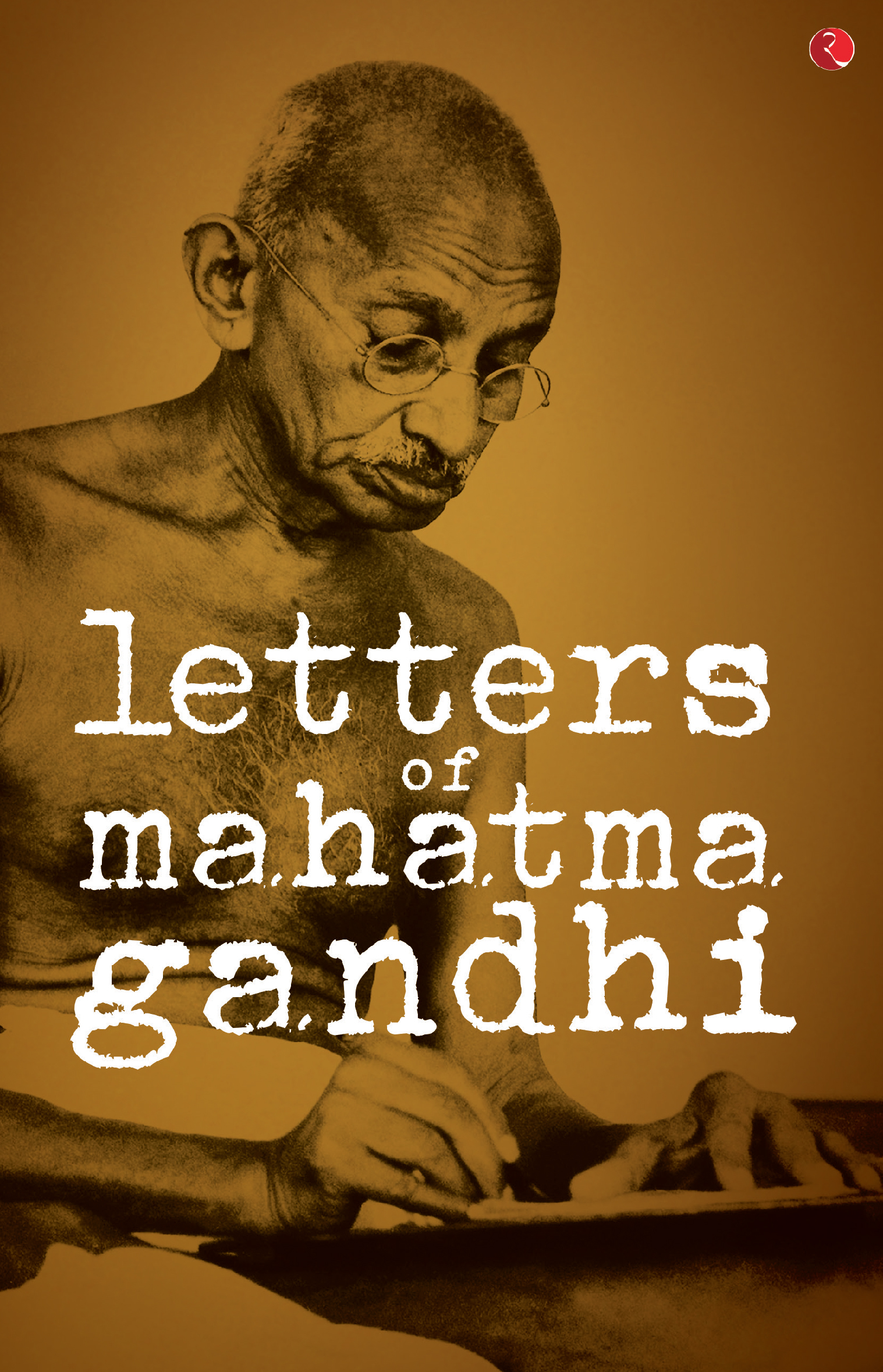
Addressed to several leaders across the globe, his friends and family in India, his companions in the freedom struggle and his fellow inmates at Sabarmati Ashram, the letters in this volume give us an unparalleled insight into the mind of the Mahatma. Ranging from emotional to practical, and intense to poetical, this book speaks volumes about his clarity of thought and expression.
Inside Mahatma’s Mind: Famous Speeches and Thoughts of Gandhi
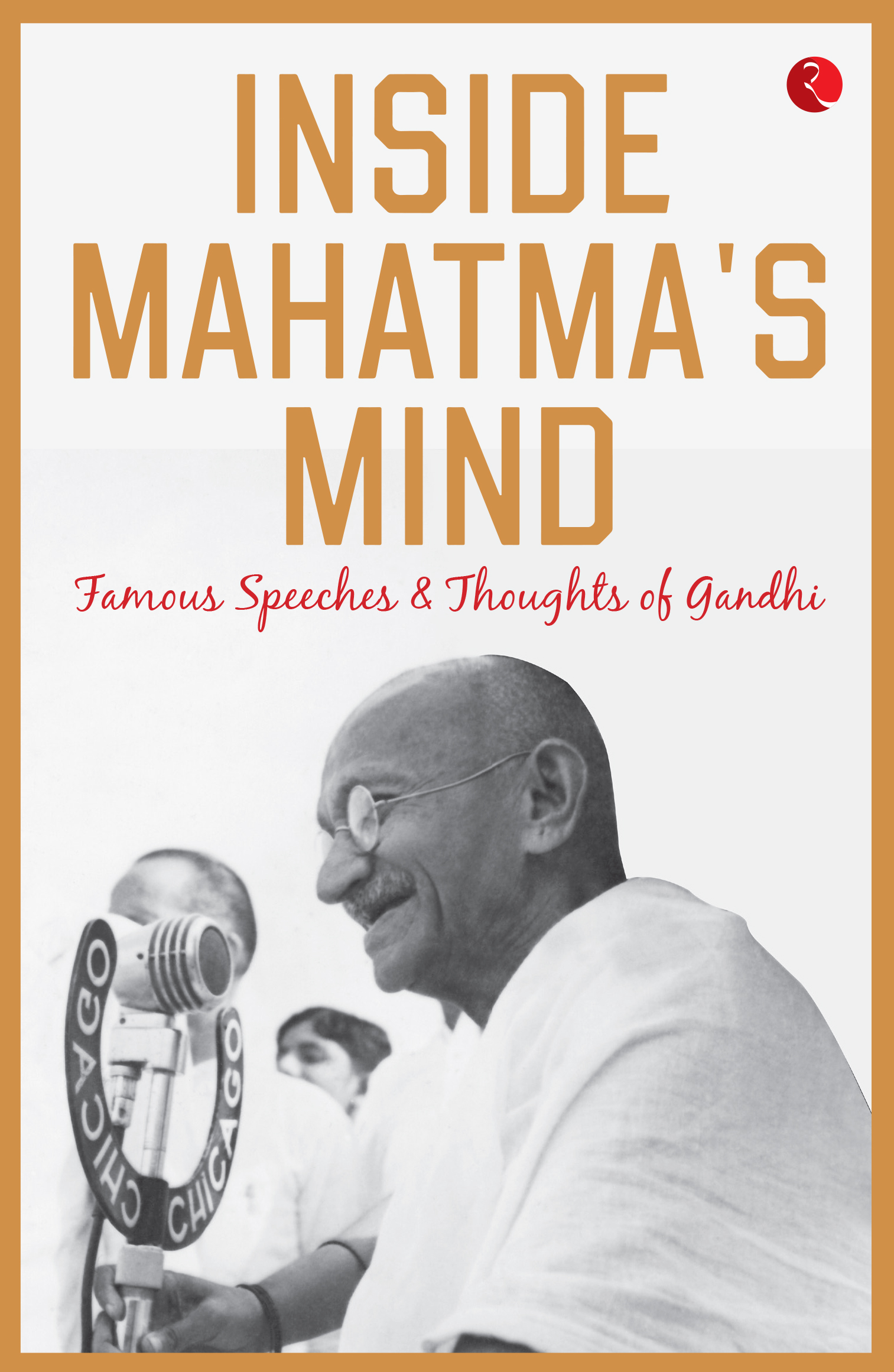
It is said that Mahatma Gandhi’s impact on the people he met and spoke to was everlasting. He spoke not only to freedom fighters and politicians, writers and thinkers, but also to slum dwellers and villagers, farmers and labourers, the underprivileged and illiterates. This collection invokes the readers to revisit Mahatma Gandhi and appreciate the man for his impeccable grip on the nation.
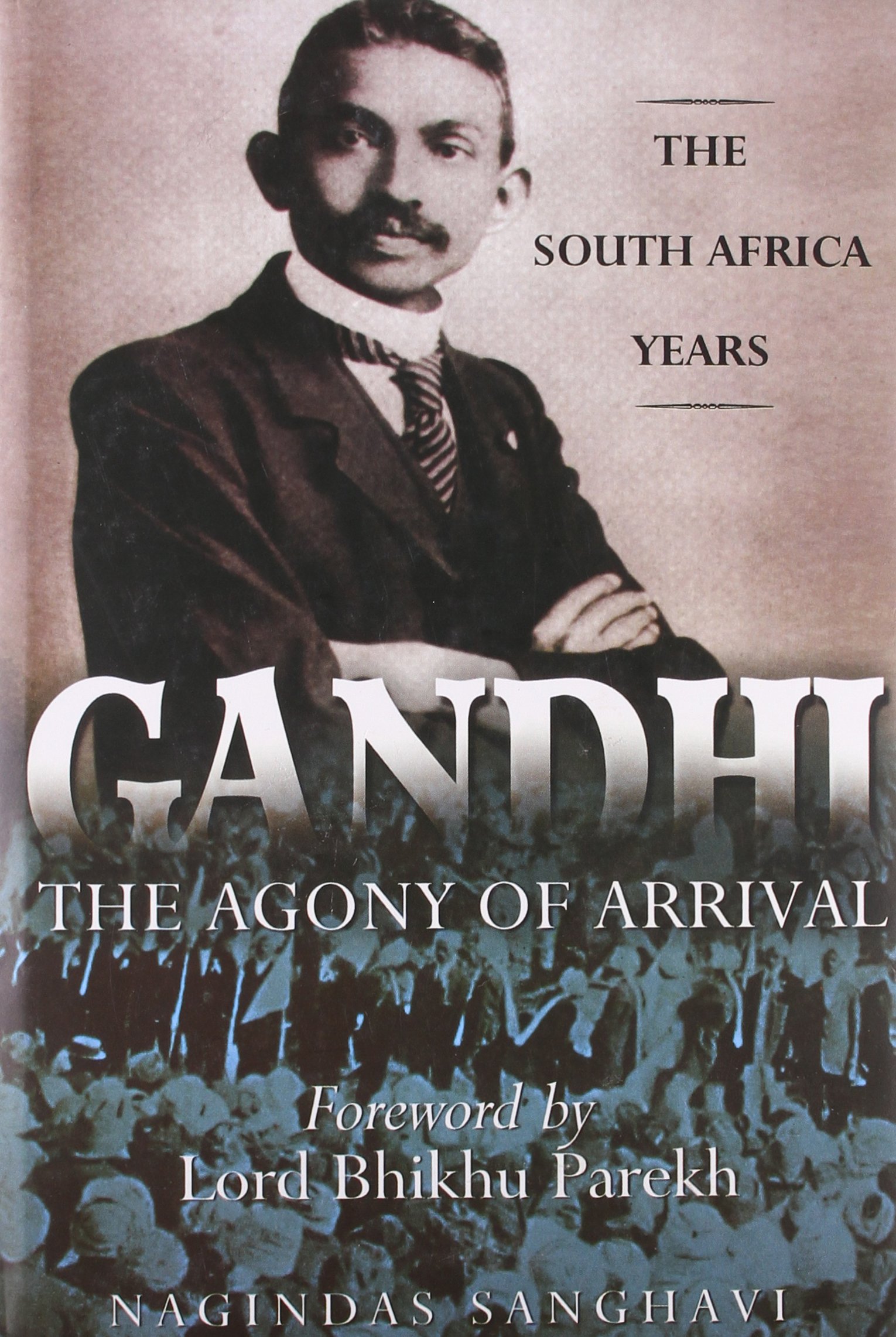
Gandhi, an inspiration and a despair to all who approached him, has been subjected to more analysis than any other person in contemporary history. And yet something is missing in the puzzle that Gandhi was and is. This volume is one more attempt to understand and explain him by laying a little more emphasis on the societal factors and situations that shaped him and structured his personality during his formative years in England and South Africa.
Why I Killed the Mahatma: Understanding Godse’s Defence
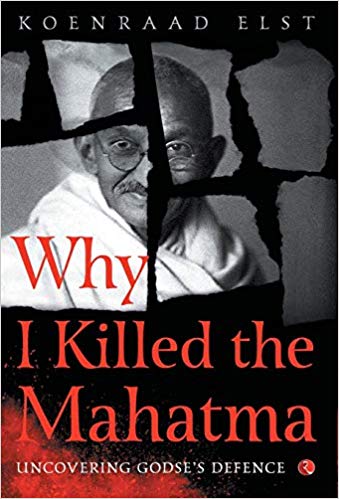
It is common knowledge that Mahatma Gandhi was shot dead in 1948 by a Hindu militant, shortly after India had both gained her independence and lost nearly a quarter of her territory to the new state of Pakistan. Lesser known is assassin Nathuram Godse’s motive. Dr Koenraad Elst compares Godse’s case against Gandhi, with criticisms voiced in wider circles, and with historical data known at the time or brought to light since.
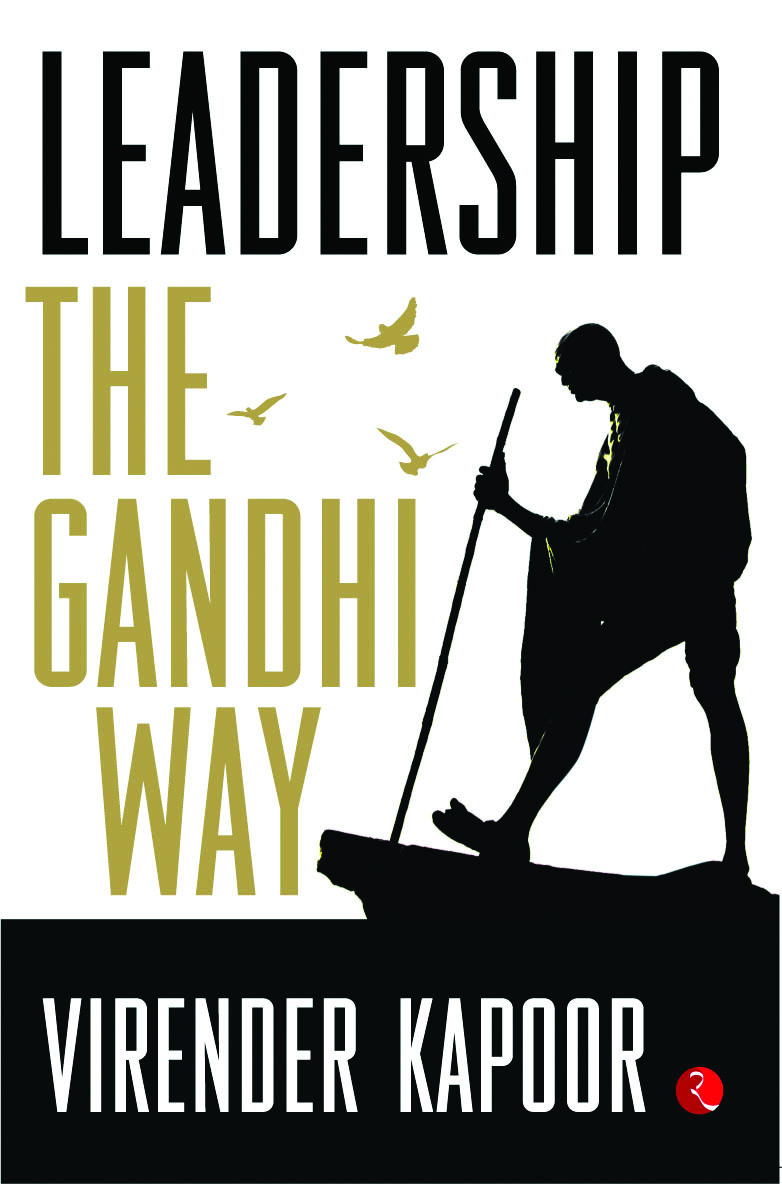
This one-of-a-kind self-help book analyses Gandhi’s methods and derives leadership lessons from his life, explaining how readers can successfully employ these in their own lives. He reveals how Gandhi carefully analysed situations—the precursor of SWOT analyses—before formulating the best way to deal with them. It was thus that he formulated the idea of Satyagraha. He also shows that Gandhi understood the power of emotional appeal, and used sincerity rather than empty rhetoric to maximize on this. These and other strategies provide important lessons for leaders of any era, in any capacity.
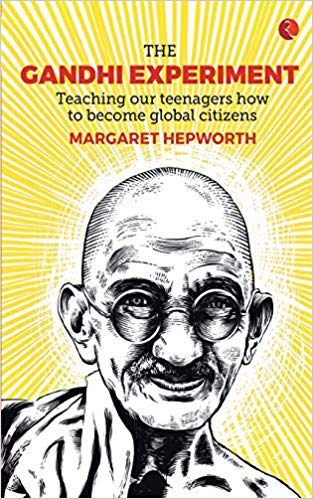
This book combines concepts, techniques and practices to equip teachers and parents with tools and strategies for peace-building, and teach teenagers global citizenship, conflict resolution, anger management, forgiveness and how to mould their thoughts for a more positive future.
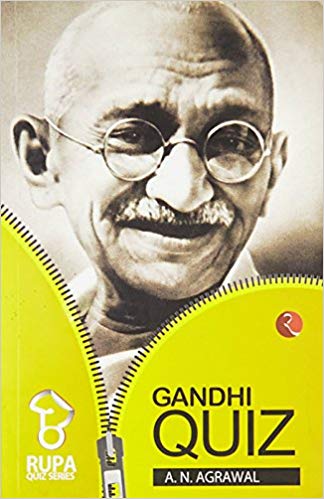
This book captures some glimpses of the life and work of Mahatma Gandhi in the multiple-choice quiz format. Perfect for quiz and history enthusiasts!
*************
Which book are you reading today?
